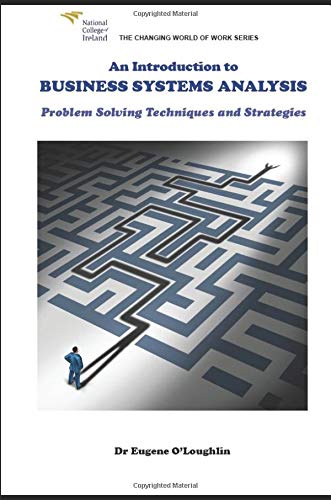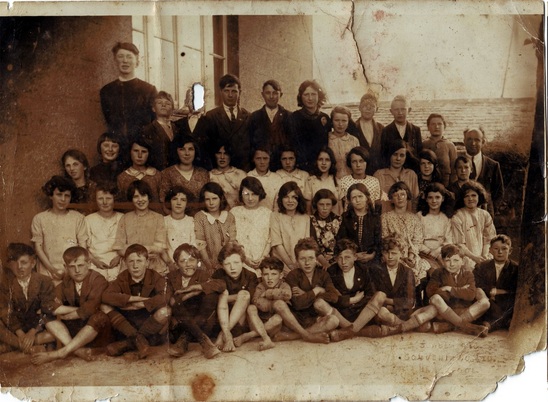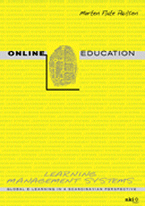2018 is almost over, and I had many blessings and new experiences throughout the year, that I am grateful to have had. Some highlights that come to mind...
Education
Undoubtedly, the key highlight in 2018 for me at work was the opportunity to teach a module on-line for the first time. The module was Programming for Big Data and I had about 25 students from lots of different places in Ireland in my class. It had been several years since I taught programming (Java) in the College, so I was quite rusty at the beginning. A few new things about this were: the programming language used was R - though I use this on a regular basis, I had never taught it as a subject before. The online experience was of course new, and I had to develop a lot of new content. I also decided not to give lectures on-line. Even though I did prepare PowerPoint slides for each class, I hardly used them - preferring instead to have students writing code as much as possible. Another first was that I did a series video reflections on the experience.
My YouTube channel is going from strength to strength - a record daily views figure of 15,252 was reached on the 10th of December, and there were just over 3.5 million views throughout the year.
Travel
In 2018 I visited three places that I had never been to before. In March, Roma and I went to Cuba for a week's holiday, in the summer we went to Vancouver to visit with family and see the sights. A city break in September took us to Amsterdam. Travel does broaden the mind and I hope to visit many new paces in 2019. Iceland and Route 66 are on the list for 2019!
Empty Nest (again!)
Roma and I are alone again in our house as we get to know what being "empty-nesters" is like. While our house is always open to our daughters, it is quite the new feeling to have the house to ourselves for the first time since 1988.
Retirement (not me!)
In July Roma sold her Pharmacy and promptly retired. I think I like the idea of retirement! Selling the pharmacy was a huge thing for her after running it for more than 25 years. I have never seen her more relaxed!
Brexit
I have been consumed with Brexit all year - the amount of "what-ifs" is amazing, and with just a few weeks to go no one seems to know for sure what will happen. I have become an avid reader of The Guardian and have watched with a mix of curiosity, amazement, and bewilderment at the carry-on in our nearest neighbour. Later today I will cross the border in to Northern Ireland - perhaps for the last time while people of both sides are citizens of the European Union.
Twitter
While I continue to use Facebook, Twitter has become almost a side social media issue for me. I hardly used it at all in 2018 and almost never tweet. Is this the end of social media? Both Twitter and Facebook are a time-suck - I have better things to do. In 2019 I expect Facebook will become less of a thing for me.
Diamond Anniversary/Wedding
From a family point-of-view, 2018 was a great year. In February my niece Eileen got married - it was a great occasion where many of our family got together for an all too rare occasion. In October, my Mum and Dad celebrated their Diamond Wedding Anniversary - another great family occasion. In 2019 I myself will reach a landmark - I will be 60 years of age next October!
Regret
I'm not a person for regrets, but I do regret not attending Pope Francis's Mass in the Phoenix Park last September. I had no excuse not to attend, but I did not make the effort to go. I was completely fed-up of the non-stop media coverage of clerical abuse (a very serious matter) - it appeared to me that Pope Francis was undergoing penance by coming here. On almost every occasion/event, he had to withstand heavy criticism of the Church. I doubt if a Pope will come to Ireland again in my lifetime - but if he (she?) does - I will definitely be there.
Careful with that axe
Finally, this post will be my 103rd of the year. This is by far the lowest number of blog posts for any year since 2007. For most of the year my blog posts were not being automatically posted to Facebook (they still automatically post to LinkedIn and Twitter). I have no explanation for why I have slowed down writing - it was certainly not intentional. In May I only posted 3 times, and never exceeded 10 posts in any month. On several occasions I have let a week go by without writing anything. I'll try harder to write (meaningful stuff - not shite) in 2019.
Oh - and I got "Careful with that axe" tattooed on my arm!


























